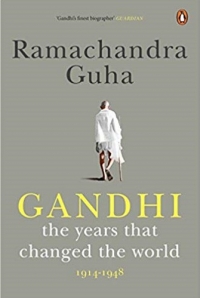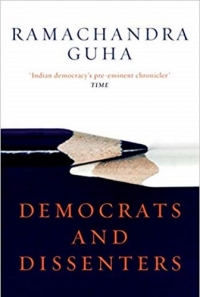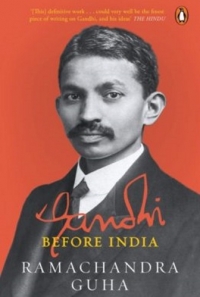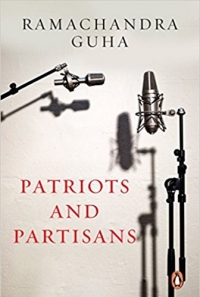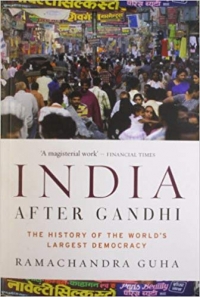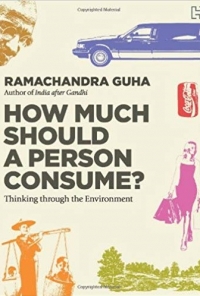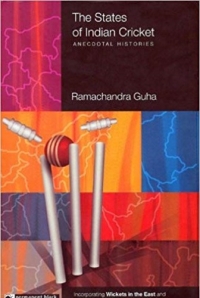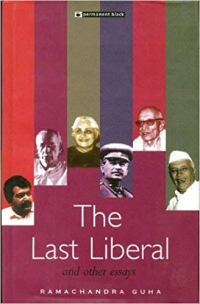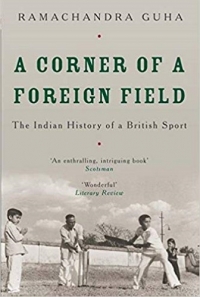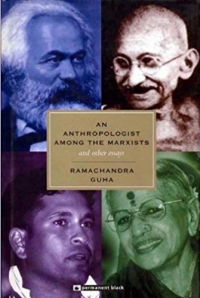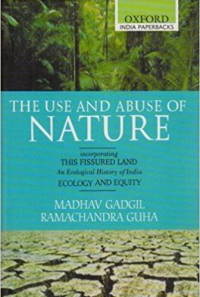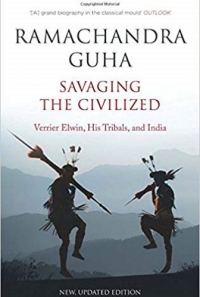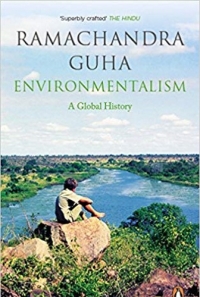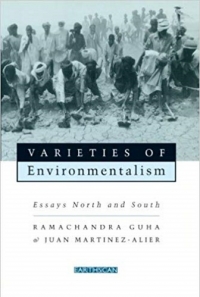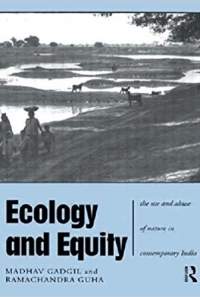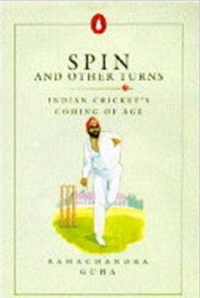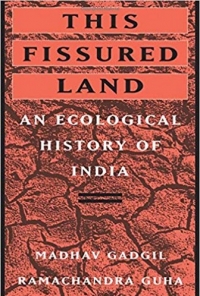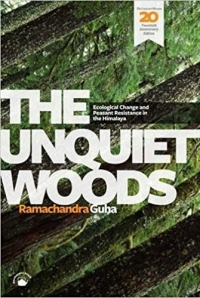Vishwa-Bully, The Telegraph
Ever since Narendra Modi became Prime Minister in May 2014, the BJP and the RSS have loudly proclaimed their ambition to make our country a ‘Vishwa-Guru’—Teacher to the World. With every passing month, however, they seem ever further from realizing this ambition. However, whatever our failures in international politics, in the sphere of international cricket India is now the most [...]
Justice for the Kashmiris, The Telegraph
In August 2015—almost exactly ten years ago—I visited the Kashmir Valley, and spoke to a cross-section of people from different walks of life. One of them was the journalist Shujaat Bukhari. In January 2015 I had bumped into Bukhari in a Delhi bookshop, and he urged me to visit his home state. When I turned up in Srinagar later in [...]
Modi vs Indira, The Telegraph
In early June, the senior Congress leader, Jairam Ramesh, began using the hashtag, Emergency@11, in his daily posts charging the Modi Government with various errors, mistakes and crimes. This was in anticipation of what Ramesh knew would come later in the month; namely, the Prime Minister’s invocation of the 50th anniversary of the Emergency imposed by Indira Gandhi and her [...]
- India After Gandhi: The History of the World’s Largest DemocracyRamachandra Guha2019-02-17T18:36:51+05:30
- How Much Should a Person Consume? – Environmentalism in India and the United StatesRamachandra Guha2019-02-17T22:01:53+05:30
- A Corner of a Foreign Field: The Indian History of a British SportRamachandra Guha2019-02-17T19:28:06+05:30
- The Use and Abuse of Nature: Incorporating this Fissured Land & Ecology and EquityRamachandra Guha2019-02-17T22:23:41+05:30
- Savaging the Civilized: Verrier Elwin, His Tribals and IndiaRamachandra Guha2019-02-17T20:32:25+05:30
- Ecology and Equity : The Use and Abuse of Nature in Contemporary India (Note Series; 223)Ramachandra Guha2019-02-17T22:15:35+05:30
Drawing on writings of the past decade-and-a-half, this website of Ramachandra Guha’s writings will be continuously updated to include his columns as they appear. Through these rich and varied essays, Guha seeks to capture the modern history of what he terms the ‘most interesting country in the world’.

